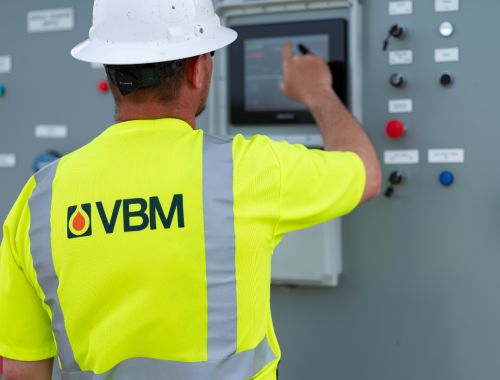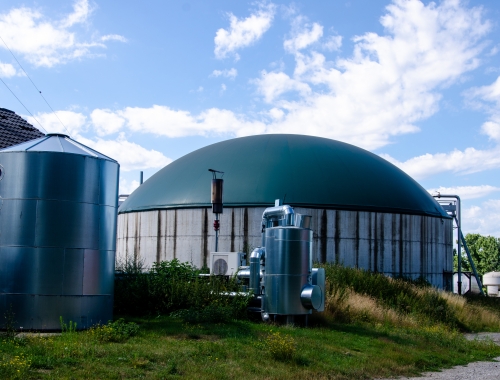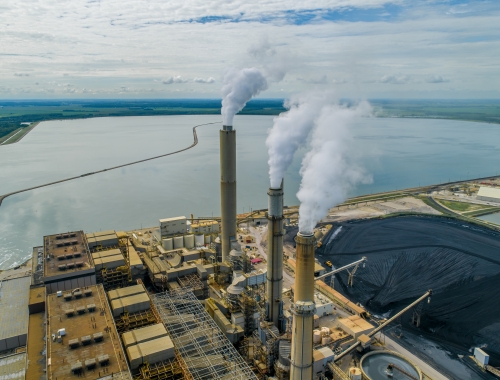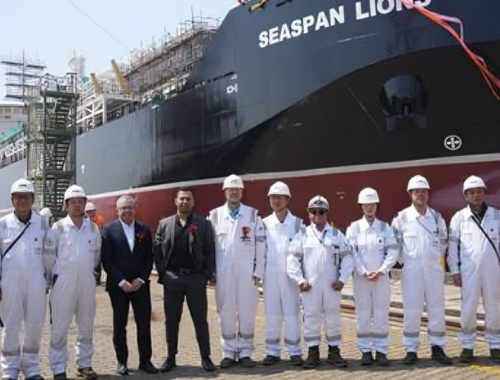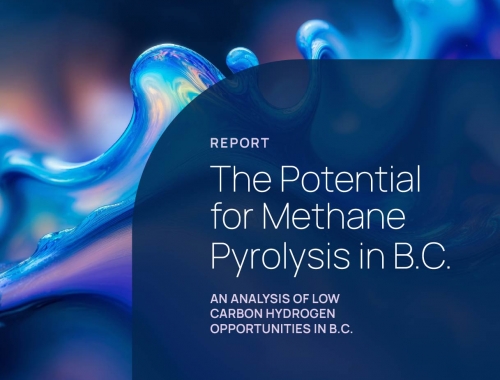Canadian oil major Suncor abandoning wind, solar
SUMMARY
Selling wind and solar will allow focus on CCS, hydrogen and renewable fuels.
By Dale LunanPOSTED IN:
Canadian oil sands major Suncor said April 4 it would divest its wind and solar energy investments to focus on hydrogen and renewable fuels to accelerate its progress to net zero by 2050.
“While Suncor is in the fortunate position of being long on opportunities, we are adjusting our portfolio for fit and focus,” CEO Mark Little said. “By doing so, we use our strengths, competitive advantages and resources to drive shareholder returns and value over the long term and help us meet our emissions reduction targets.”
Suncor has invested in wind and solar energy projects since 2002, when it partnered with Enbridge to develop the SunBridge wind farm in Saskatchewan, Canada’s first renewable energy project. Since then, it has developed eight wind power facilities in Alberta, Saskatchewan and Ontario and was planning a 220 MW solar facility in southern Alberta.
Although Suncor will get out of the renewable electricity business as a producer, it intends to continue participating in several links of the electricity value chain, including generating power through its integrated co-generation facilities, providing customers with electric vehicle charging installations at its PetroCanada retail fuel outlets and potentially procuring renewable power through power purchase agreements.
Its focus, however, will be on increasing shareholder returns and advancing its net zero aspirations by concentrating on investments that are complementary to its base business, including replacing coke-fired boilers with lower emission cogeneration units and accelerating commercial scale deployment of carbon capture and sequestration (CCS) technology.
It has joined with Shell Canada and ATCO in a proposal to develop the Atlas Carbon Sequestration Hub (formerly the Polaris CCS project) east of Edmonton, and is partnering with ATCO in a project that would produce 300,000 mt/yr of blue hydrogen and capture 2mn mt/yr of CO2 emissions.
It has also made significant investments in Lanzajet, which is developing a sustainable aviation fuel, and in Enerkem Alberta Biofuels, which converts municipal waste into cellulosic ethanol.

